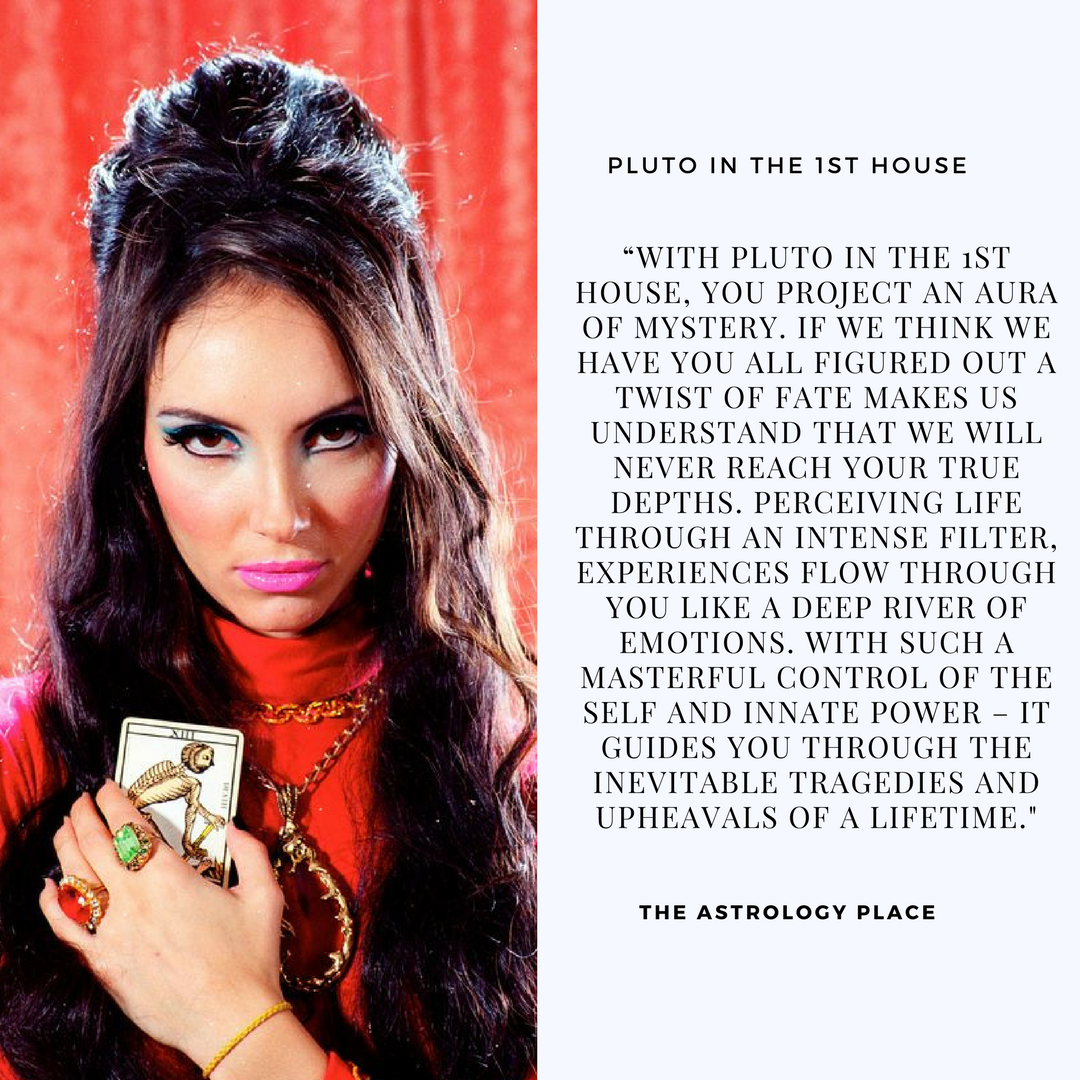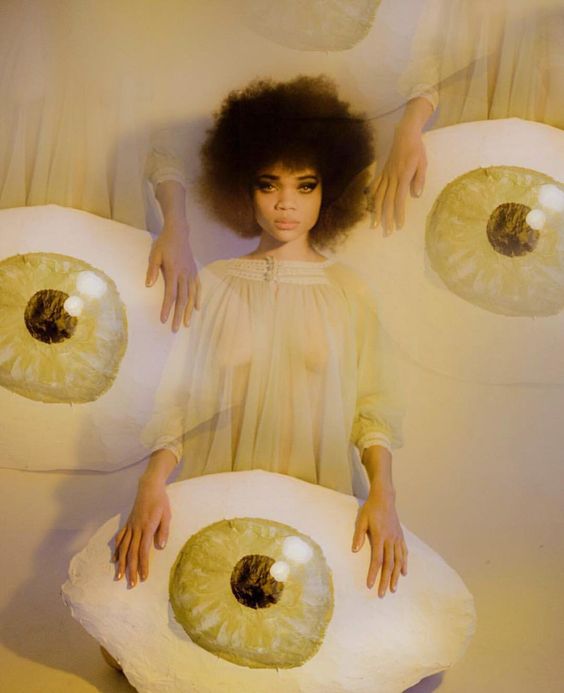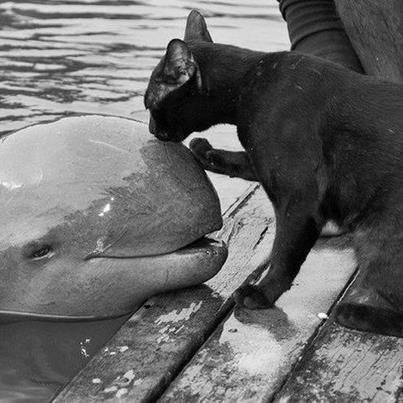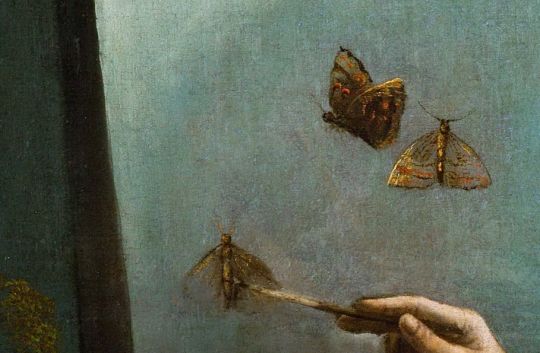
Pluto: Rape and Abduction
 Pluto, also known as Hades in Greek mythology, rules the underworld, which may symbolically represent the subconscious. In addition, the ancient Persephone story has Pluto at its centre; it represents a fundamental change, a rebirth and a metamorphosis in a situation where initially there appears to be solely trespass and violation. As she walks through a field of flowers, a lovely woman is lured to a particular bloom, but when she uproots it, she creates a gateway to Pluto. From there, she was dragged into the depths of the earth, where the shadowy deity Hades raped her. The maiden’s marriage to the Lord of the Underworld and subsequent move to his realm were both forced upon her. According to Jungian psychology, the flower is symbolic of a doorway into her own psyche. All of the themes of loss, mourning, and acceptance are present in the narrative, and they all lead up to a rebirth at the end. According to Jung, the archetypal maiden’s willingness to put herself in harm’s way because of her innocence and inexperience represents the big journey into the unknown that we must all make at some point. Finally, she is transformed by her own powers to the point where the virgin may even crown herself “queen of the underworld” and delight in her newfound nature.
Pluto, also known as Hades in Greek mythology, rules the underworld, which may symbolically represent the subconscious. In addition, the ancient Persephone story has Pluto at its centre; it represents a fundamental change, a rebirth and a metamorphosis in a situation where initially there appears to be solely trespass and violation. As she walks through a field of flowers, a lovely woman is lured to a particular bloom, but when she uproots it, she creates a gateway to Pluto. From there, she was dragged into the depths of the earth, where the shadowy deity Hades raped her. The maiden’s marriage to the Lord of the Underworld and subsequent move to his realm were both forced upon her. According to Jungian psychology, the flower is symbolic of a doorway into her own psyche. All of the themes of loss, mourning, and acceptance are present in the narrative, and they all lead up to a rebirth at the end. According to Jung, the archetypal maiden’s willingness to put herself in harm’s way because of her innocence and inexperience represents the big journey into the unknown that we must all make at some point. Finally, she is transformed by her own powers to the point where the virgin may even crown herself “queen of the underworld” and delight in her newfound nature.
The story takes you on a rollercoaster ride of emotions, with loss, mourning, and acceptance all making an appearance before culminating in a triumphant rebirth. At last, she unleashes her own black magic and becomes so fierce that she can rightfully dub herself the “A fine wine of a woman, aged to perfection and full of depth,” and revel in her badassery. Talk about a power move!
Pluto represents the deepest levels of collective energy; it is known as the great timekeeper and the aspect of fate. The quote goes something like, “The Moving Finger writes; and having writ, moves on: not all piety nor wit shall lure it back to cancel half a line, nor all your tears wash a word of it.” Humanity’s instinctive power, a river of passions, instincts, and deepest urges, is likewise represented by the dark planet. Pluto, as a collective entity, represents horrible catastrophes and the wicked acts of others that leave good people’s hearts reeling. It symbolises the desires, addictions, and toxins we haven’t yet satiated within ourselves.
When Pluto enters our life, it ushers in an unseen force of initiation, a passage of growth, and unforeseen, but ultimately transformative, change. The evolutionary astrological “wound” (Pluto) is typically well-defended, yet in its emptiness lay boundless opportunities for development and change. A psychologist also believes that rape and abduction are the only ways a person’s denied, suppressed, or exiled parts of their soul can return to their body. It’s an unusual hypothesis, to put it mildly, and not one that most of us would feel at ease believing or find plausible. Tragic accidents, life-threatening illnesses, and other terrible catastrophes frequently afflict people who don’t appear to deserve them, yet it’s a harsh reality that we must all face as mere mortals.
The world’s knowledge is forged in the fires of suffering, including but not limited to: chronic darkness; desolation; grief; loneliness; despair; hopelessness; involuntary descent; rape; death; and countless nights. Pluto is death and life are held in its arms; every atom, as soon as it is born, begins to die as we age. This cold planet is the source of divine knowledge, esoteric understanding, and the truth. The shadows on Pluto are twice as long, the temperatures are frigid, and the terrain resembles something out of a winter wonderland: frozen and white, silent as a tomb, reeking of desertion and dormant energy, lonesome as a ditch, yet with a quiet strength and unseen reality.



















 Pluto in the 3rd House: Brutal Honesty
Pluto in the 3rd House: Brutal Honesty
 Venus-Pluto Synastry: A Love So Powerful That It Might Just Kill Them
Venus-Pluto Synastry: A Love So Powerful That It Might Just Kill Them
 Scorpio: Sex and Revenge – You’ll Get What’s Coming To You
Scorpio: Sex and Revenge – You’ll Get What’s Coming To You
 The Differences Between Synastry and Composite Charts!
The Differences Between Synastry and Composite Charts!
 Mars in Aquarius: Sex drive
Mars in Aquarius: Sex drive
 Mars Conjunct Pluto Synastry
Mars Conjunct Pluto Synastry
 Uranus in the 10th House: Changes and Breakthroughs
Uranus in the 10th House: Changes and Breakthroughs
 Sun Square Pluto Natal Aspect: I Am Titanium
Sun Square Pluto Natal Aspect: I Am Titanium
 Mars-Saturn Aspects Revealed: The Rocky Road to Success
Mars-Saturn Aspects Revealed: The Rocky Road to Success
 Composite Sun in Houses: Part 1
Composite Sun in Houses: Part 1
 Scorpio’s Jealousy
Scorpio’s Jealousy
 Moon Conjunct Pluto Natal Aspect: Emotional X-Ray Vision – Seeing Through Souls Since Birth
Moon Conjunct Pluto Natal Aspect: Emotional X-Ray Vision – Seeing Through Souls Since Birth
 Moon Square Pluto Natal Aspect
Moon Square Pluto Natal Aspect
 Pluto in Libra in the 2nd House: Lessons on Self-Worth and Financial Independence
Pluto in Libra in the 2nd House: Lessons on Self-Worth and Financial Independence
 Love’s Mirage: The Sun- Neptune Synastry Influence
Love’s Mirage: The Sun- Neptune Synastry Influence
 Uranus Transits the 4th House: The Chaotic Path to Personal Inner Growth
Uranus Transits the 4th House: The Chaotic Path to Personal Inner Growth
 Transiting Saturn Square M.C: The World Right Now Demands Authenticity and Dedication From You
Transiting Saturn Square M.C: The World Right Now Demands Authenticity and Dedication From You
 The Vortex of Scorpio Power: A Lifelong Journey of Mastery
The Vortex of Scorpio Power: A Lifelong Journey of Mastery
 Moon-Saturn Synastry Aspects: A Lack of Emotional Affinity Between the Two of You?
Moon-Saturn Synastry Aspects: A Lack of Emotional Affinity Between the Two of You?
 Neptune in the 3rd House: The Power of Imagination
Neptune in the 3rd House: The Power of Imagination